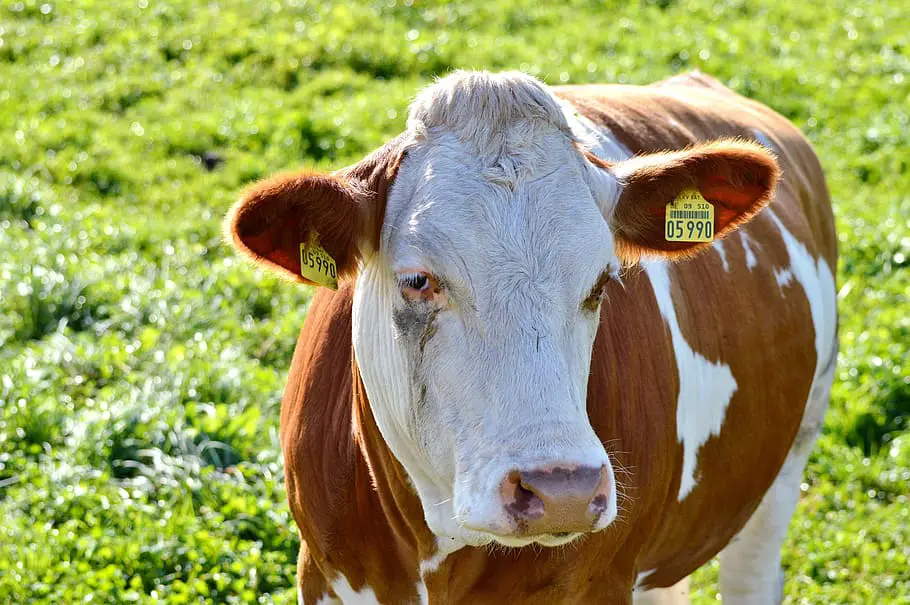As consumers become more conscious of the impact their choices have on the environment and animals, cryptocurrencies are emerging as one of the ways to help in reducing and lessening the suffering of animals and their exploitation in farms. Blockchain technology can provide transparency and accountability in the food supply chain, allowing consumers to make informed choices about the food they consume. This article will examine some of the ways in which crypto can be used to reduce the suffering of animals and exploitation in farms in the agricultural industry.
The Importance of Transparency in the Food Supply Chain
Transparency is crucial in the food supply chain as it provides consumers with information about where their food comes from and how it is produced. Blockchain technology can provide this transparency by allowing consumers to track the journey of their food from farm to table. By having access to information such as how the animals were treated and what they were fed, consumers can make more informed choices and support farms that prioritize animal welfare.
Improving Traceability and Accountability in the Food Supply Chain
In addition to providing transparency, blockchain technology can also improve traceability and accountability in the food supply chain. By recording data on a decentralized ledger, it becomes much more difficult for fraudulent or unethical practices to occur. This can include ensuring that the animals were raised in humane conditions and were not subjected to cruel practices such as castration without anesthesia or the use of antibiotics to increase their growth rate.
Decentralized Marketplaces and the Elimination of Middlemen
Decentralized marketplaces powered by blockchain technology can also reduce the exploitation of animals in farms by eliminating middlemen. Currently, many small-scale farmers are forced to sell their products to large corporations, who often prioritize profits over animal welfare. Decentralized marketplaces can allow farmers to sell directly to consumers, providing them with a fair price for their products while also ensuring that the animals are treated humanely.
Incentivizing Sustainable and Ethical Farming Practices
Cryptocurrencies can also be used to incentivize sustainable and ethical farming practices. For example, farmers can be rewarded with tokens for adopting practices that prioritize animal welfare and environmental sustainability. These tokens can then be used to purchase supplies or equipment, providing farmers with an additional source of income and motivation to adopt sustainable and ethical practices.
Final Thoughts
The potential for crypto to reduce the suffering of animals and exploitation in farms is vast. Blockchain technology can provide transparency, traceability, and accountability in the food supply chain, empowering consumers to make informed choices and support farms that prioritize animal welfare. Decentralized marketplaces can also eliminate middlemen, providing farmers with a fair price for their products while incentivizing sustainable and ethical farming practices. As consumers become increasingly conscious of the impact of their choices, cryptocurrencies offer a potential solution to create a more ethical and sustainable food system.

















hi